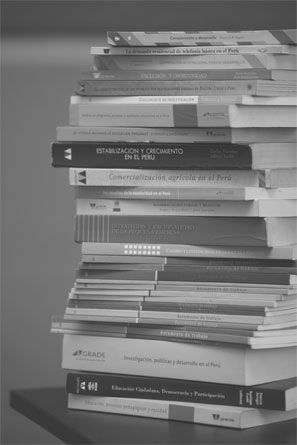
Determinant of school performance among Quechua children in the Peruvian Andes
| Año | : | 1999 |
|---|---|---|
| Autor/es | : | Enrique Jacoby, Santiago Cueto |
| Área/s | : | Desarrollo rural y agricultura, Educación y aprendizajes, Pobreza y equidad |
[1999] JACOBY, Enrique; CUETO, Santiago; POLLITT, Ernesto. «Determinant of school performance among Quechua children in the Peruvian Andes». International Review of Education, 45(1): 27-43.
In the rural Andes of Peru, primary school inefficiency ranks higher than in the rest of the country, with a nearly 50 per cent rate of first grade repetition. In 1993 the investigators administered a battery of four psycho-educational tests to 360 schoolchildren in the fourth and fifth grades at ten primary schools in the Andean region of Huaraz. They also recorded the children’s individual characteristics, i.e. family background, nutritional status, and educational attainment, and rated the schools according to educational features such as classroom size, time devoted to learning, and student-teacher ratio.
A year later, in 1994, children were re-examined in the schools using the same test battery. All subjects were small for their age, had poor diets, spoke mostly Quechua at home (Spanish in school), lived in a rural environment, and walked considerable distances to school. Regression analyses of the 1993 data indicated that the performance of Quechua children on verbal tests was heavily influenced by family background, while their mathematical competence was related to school experience.
On the other hand, improvement in test scores from one year to the next appeared to be strongly related to test performance in 1993 and less clearly to the other recorded variables. Finally, the schools’ promotion rates were clearly associated with test scores from the previous year but less clearly with grade repetition rates.





